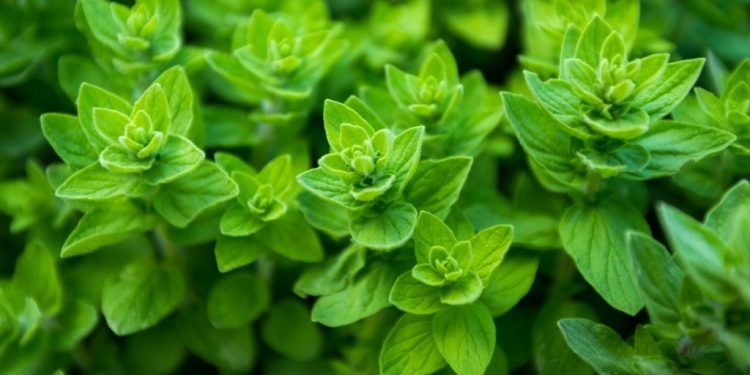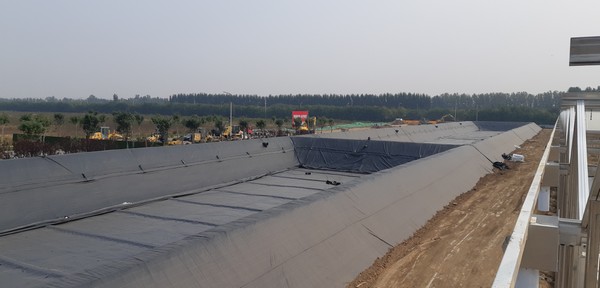Oregano (Origanum vulgare) is a popular herb used in cooking, but its benefits go beyond the culinary world. Recent studies have shown that oregano can have positive effects on plant growth, insect control, and soil health. In this article, we will explore the development, consequences, and applications of oregano in agriculture, providing insights for farmers, agronomists, agricultural engineers, and scientists.
Oregano contains several chemical compounds, such as carvacrol, thymol, and rosmarinic acid, which have been shown to have antimicrobial and insecticidal properties. These compounds can help protect plants from harmful pathogens and insects, promoting growth and yield. Oregano extracts have also been shown to have positive effects on soil health, improving nutrient availability and enhancing microbial activity.
Studies have demonstrated the effectiveness of oregano extracts in controlling plant diseases, such as Fusarium and Phytophthora, and reducing pest damage caused by aphids, thrips, and spider mites. Additionally, oregano can be used as a natural alternative to synthetic pesticides, reducing the risks of environmental contamination and harm to beneficial insects.
Oregano can be used in different ways in agriculture, such as foliar sprays, seed treatments, and soil amendments. However, it is essential to use appropriate concentrations and formulations to avoid phytotoxicity or other negative effects on plants.
In conclusion, oregano has shown great potential in agriculture as a natural and sustainable tool for plant protection and soil health improvement. By incorporating oregano extracts in their farming practices, farmers and agriculture professionals can reduce their reliance on synthetic pesticides and enhance their crop yields and quality.
#Origanum vulgare #oregano #plant growth #insect control #soil health #natural pesticides #phytotoxicity #sustainable agriculture
The Power of Oregano in Agriculture: Benefits and Applications
0

BROWSE BY CATEGORIES
- agronomy
- Asia
- Climate (meteo)
- Company
- Crop protection
- Cultivation
- Cultivation
- Equipment
- Europe
- Event
- Fertilizers system
- Greenhouse
- horticulture
- Hydroponics systems
- Indoor climates
- Innovation
- Irrigation
- lighting
- Logistics
- Machines
- Machines system
- Management
- Market
- Market Stories
- Marketing
- Organic
- Packaging system
- researches
- Seed
- Soil
- Special Climate
- Suppliers
- Technique system
- Vertical farming
- webinar
BROWSE BY TOPICS
ads
Agricultural Innovation
Agricultural Technology
agriculture
climate control
climate resilience
Controlled Environment Agriculture
crop protection
cucumbers
Energy Efficiency.
environmental impact
Environmental Sustainability
farmers
Food Security
Greenhouse
Greenhouse agriculture
greenhouse complex
Greenhouse Cultivation
greenhouse farming
greenhouses
greenhouse technology
greenhouse vegetables
horticulture
Hydroponic farming
hydroponics
Innovation
organic farming
precision agriculture
precision farming
renewable energy
Russia
Russian agriculture
Smart Farming
Sustainability
Sustainable Agriculture
sustainable farming
tomato
Tomatoes
tomato production
Urban agriculture
urban farming
vegetable production
vegetables
vertical farming
Water Conservation
POPULAR NEWS
-
Worldwide session on protecting and harnessing the earth’s biodiversity
-
Tomato Cultivation; Farming Techniques – A Complete Guide
-
Why location and orientation of your greenhouse matter
-
Developing trends in the production of greenhouse vegetables in Russia
-
Greenhouse farming in Turkmenistan: new sanitary regulations set health and safety standards
Recent News
Category
- agronomy
- Asia
- Climate (meteo)
- Company
- Crop protection
- Cultivation
- Cultivation
- Equipment
- Europe
- Event
- Fertilizers system
- Greenhouse
- horticulture
- Hydroponics systems
- Indoor climates
- Innovation
- Irrigation
- lighting
- Logistics
- Machines
- Machines system
- Management
- Market
- Market Stories
- Marketing
- Organic
- Packaging system
- researches
- Seed
- Soil
- Special Climate
- Suppliers
- Technique system
- Vertical farming
- webinar










